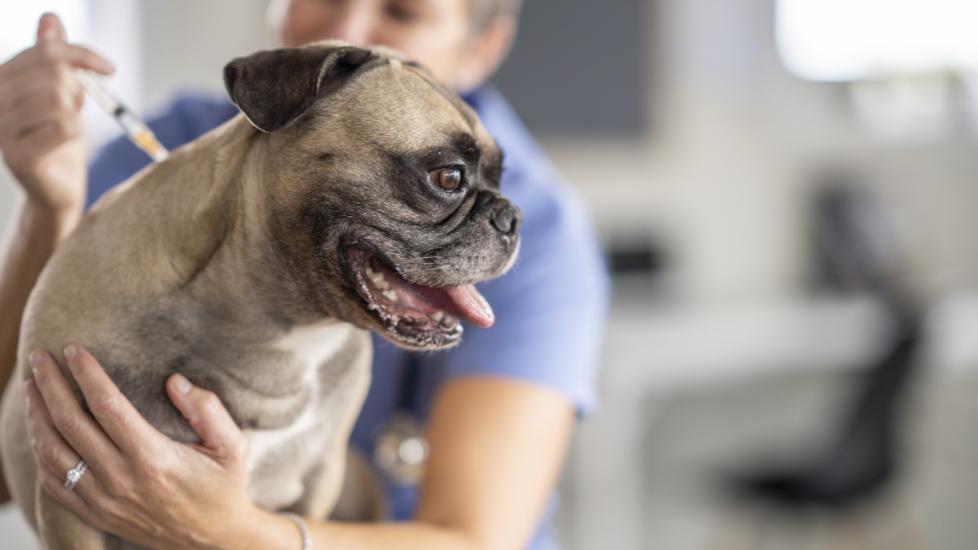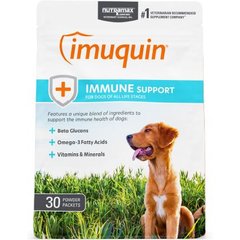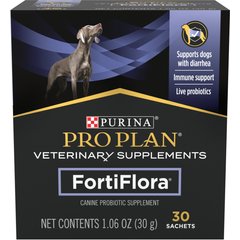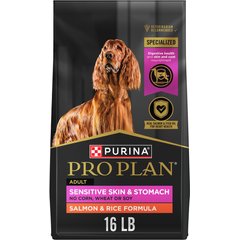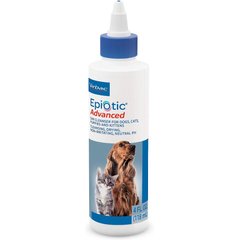Bordetella Vaccine for Dogs
Whether you’ve just adopted a new puppy or had canine companions all your life, chances are you’ve heard about the Bordetella vaccine. This vaccine is used to prevent kennel cough in dogs, a highly contagious respiratory infection that spreads quickly in shelters, doggie daycares, boarding and grooming facilities, dog parks, and other group settings.
Because the Bordetella vaccine is considered a non-essential vaccine, not all dogs need it. It’s important to speak with your veterinarian to determine whether the Bordetella vaccine is recommended for your dog based on their lifestyle.
Key Takeaways
- Bordetella bronchiseptica is a bacterium that negatively affects the respiratory tract. It’s one of the main causes of kennel cough in dogs.
- The Bordetella vaccine is a safe and effective option to prevent kennel cough in dogs.
- The Bordetella vaccine is highly effective at preventing kennel cough.
What Is Bordetella in Dogs?
Bordetella bronchiseptica is a bacterium that negatively affects the respiratory tract. It’s one of the main causes of kennel cough in dogs.
Bordetella is common in dogs of all ages, particularly in those who are unvaccinated for it. Bordetella is easily spread through direct contact when affected dogs cough or sneeze. Dogs may also pick up the infection when encountering bedding or toys that have the bacteria on them.
Because kennel cough is highly contagious, dogs normally become infected when spending time in close quarters with other dogs. Therefore, dogs with a social lifestyle are more predisposed to getting kennel cough, which is why prevention through vaccination is important.
Dogs who have kennel cough experience characteristic symptoms, which include the following:
-
Hacking
-
Congestion
Can Dogs Spread Bordetella to Humans?
Dogs can’t spread Bordetella to humans. Kennel cough is a unique disease affecting only dogs.
Can Dogs Spread Bordetella to Other Animals?
Dogs can spread kennel cough between one another. Because Bordetella is spread through close contact, dogs sharing a household with an affected pet are at increased risk of contracting the disease.
To prevent the spread, pet parents should keep dogs with respiratory symptoms separated from other dogs in the house until symptoms have fully resolved and a veterinarian confirms that the infection is gone.
Additionally, dogs should not share food or water bowls, bedding, or toys with other pets while they are sick.
Vet Recommended Health Support
- Nutramax Imuquin Immune Support Powder Immune Supplement for Dogs, 30 count$24.99Chewy Price
- Purina Pro Plan Veterinary Diets FortiFlora Powder Digestive Supplement for Dogs, 30 count$30.99Chewy Price
- Purina Pro Plan Adult Sensitive Skin & Stomach Salmon & Rice Formula Dry Dog Food, 16-lb bag$54.48Chewy Price
- Virbac Epi-Otic Advanced Ear Cleaner for Dogs & Cats, 4-fl oz bottle$12.77Chewy Price
What Is the Bordetella Vaccine for Dogs?
The Bordetella vaccine is a safe and effective option to prevent kennel cough in dogs. It can be given orally, nasally, or by injection underneath the skin.
It’s given to puppies starting between 6 to 8 weeks of age, and booster doses are given to maintain protection throughout a dog’s life. Adult dogs receive this vaccine at least yearly to maintain immunity.
However, your veterinarian may recommend updating the Bordetella vaccine every six months in high-risk dogs who frequently spend time in group settings to ensure ample protection.
Dogs who live alone in a household and do not interact with other dogs are at a decreased risk for kennel cough, and their veterinarians may recommend forgoing this vaccine.
Side Effects of the Bordetella Vaccine for Dogs
The Bordetella vaccine is generally well tolerated in dogs. However, possible side effects may include itching or redness at the injection site.
Some dogs develop a low-grade fever and may have a reduced appetite or appear lethargic shortly after receiving the vaccine, but these side effects are short-lived. Serious side effects or allergic reactions are rare.
How Effective Is the Bordetella Vaccine for Dogs?
The Bordetella vaccine is highly effective at preventing kennel cough.
However, there’s always a risk of breakthrough infection—meaning that even when a dog is vaccinated, they may still develop kennel cough. This is very uncommon and, even in these instances, vaccination reduces the risk for severe, lengthy symptoms.
Benefits of the Bordetella Vaccine for Dogs
Pet parents should get their dogs vaccinated for kennel cough because it’s a highly contagious, yet preventable, disease. There are several benefits of the Bordetella vaccine, including:
-
Reducing risk of kennel cough
-
Reducing spread of kennel cough in group settings
-
Reducing severity of symptoms if dogs do get sick
-
Preventing chronic lung disease and bronchopneumonia secondary to kennel cough
-
Ensuring a dog’s ability to attend training classes, daycares, or grooming and boarding facilities
Risks of the Bordetella Vaccine for Dogs
Risks involved with this vaccine include normal injection site reactions, such as redness or swelling when given underneath the skin. The intranasal vaccine may cause mild sneezing following vaccination.
Some dogs may also appear more lethargic following vaccination as their body mounts an immune response. It’s not known whether the vaccine poses additional risks to pregnant or lactating dogs, so you should follow your veterinarian’s recommendations in these special cases.
The Bordetella vaccine is an important preventive measure to maintain the health of dogs in group settings. While it may not prevent every case of kennel cough, it does reduce the severity of symptoms should a dog become infected.
Speak with your veterinarian about whether this vaccine is right for your pup.
Featured Image: FatCamera/E+ via Getty Images
